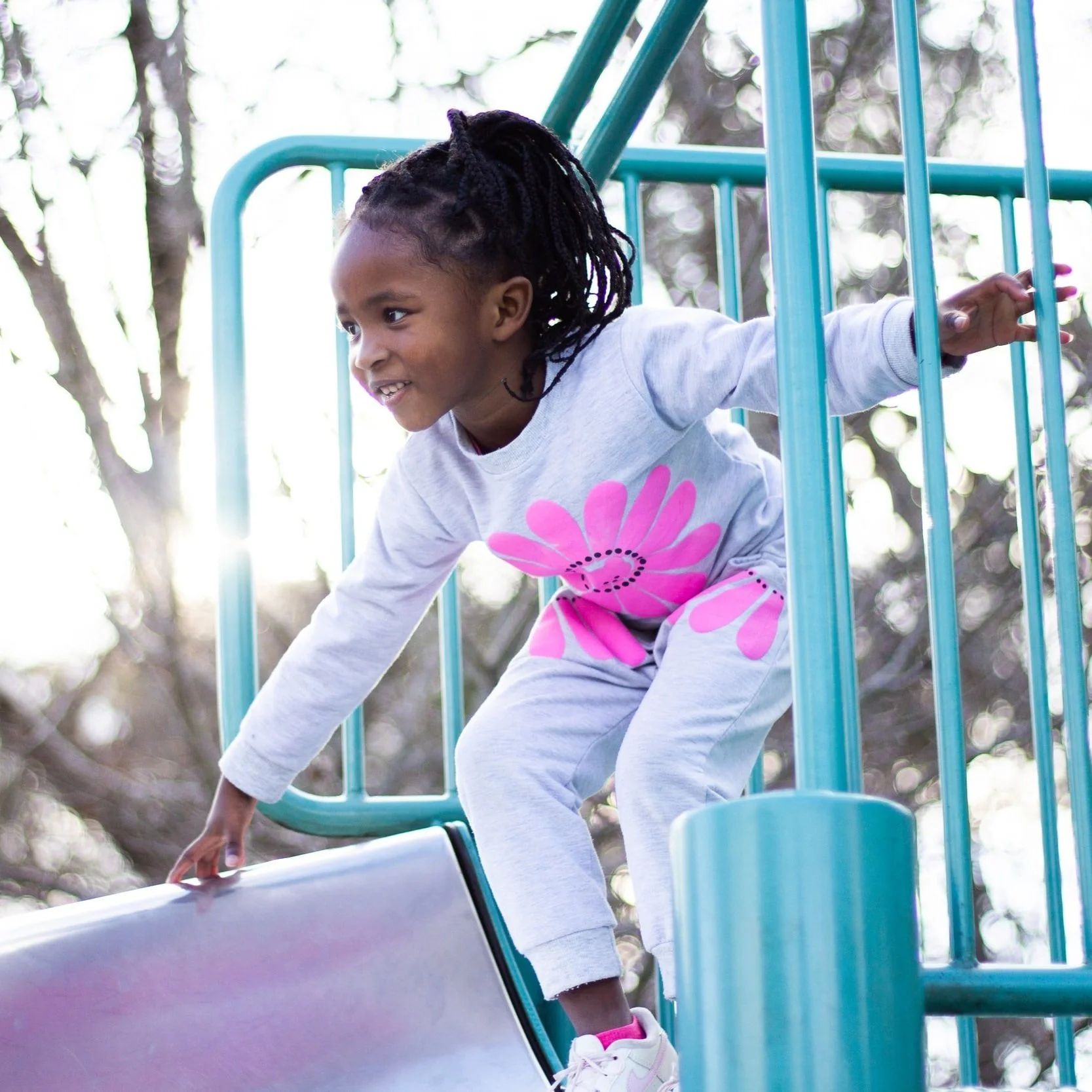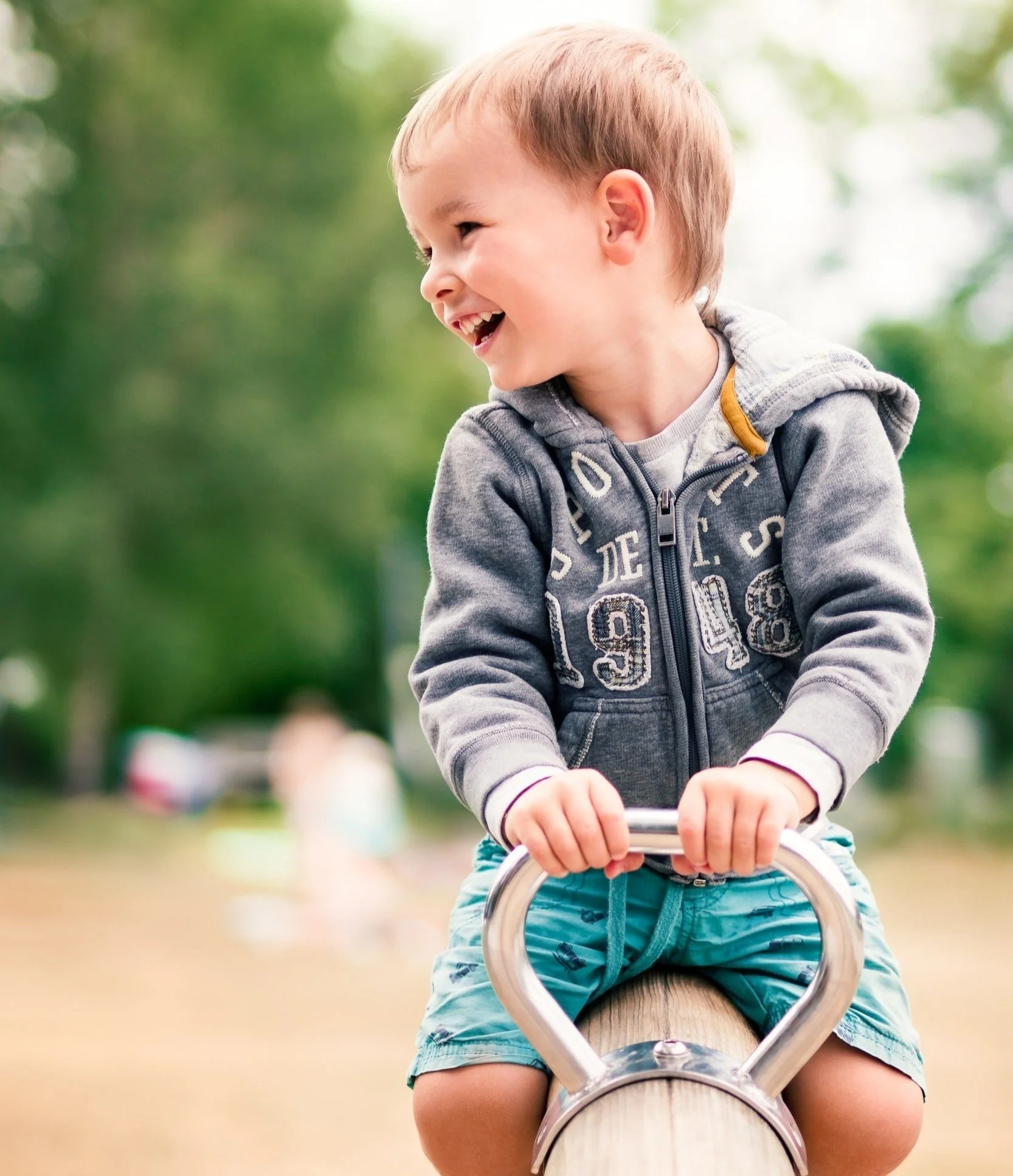
Sensory Processing
A CONNECTED ONLINE RESOURCE
What is Sensory Processing?
Each one of us is a sensory being. Your brain and body take in sensory information from the environment. This information can help you better understand the world around you. You may find that music or a walk calms you down or helps you stay focused. You have unknowingly found the sensory strategies that help you be successful. Being able to process and respond to sensory information can have a huge impact on your health and well-being!
Making sense of, feeling, and experiencing sensory stimuli is called sensory processing (1). Children with sensory processing problems may find sensations from the environment overwhelming. This can lead to more behavioral or emotional responses.
For an in depth look at sensory processing, including symptoms, follow the link below:
THE 7 TYPES OF SENSATIONS
sight
hearing
taste
smell
touch
vestibular
proprioceptive
How does stress impact
a child’s life?
Children in foster care are often exposed to many stressful things such as violence, frequent moves, neglect, and abuse. When stressed, the brain’s nervous system becomes active and triggers the release of the hormone called cortisol. Cortisol starts the fight or flight response (2). The fight or flight response is when the body prepares to run or fight in response to stress. In most children, the fight or flight response is adaptive and turns on and off naturally (2). Yet, high levels of frequent stress cause this system to become disregulated (2). This disregulation can cause poor emotional regulation, over or under sensitivity to situations/ sensory input, increased behavioral problems, and decreased well-being (2).
What Is Our Goal?
Connected Foster Care’s goal is to provide Christ-centered support for children in foster care. You have the ability to make an impact in your child’s life today. Through this page, we hope to give you the skills and resources to better support your child. This resource will teach you what you can do to help your child with sensory processing difficulties (3).
Resources
1. STAR Institute. (n.d.-a). About SPD. https://sensoryhealth.org/basic/about-spd
2. Ryan, K., Lane, S. J., & Powers, D. (2017). A multidisciplinary model for treating complex trauma in early childhood. International Journal of Play Therapy, 26(2), 111-123.
3. Arkansas Baptist Children’s Homes and Family Ministries. (n.d.) A bridge to restoration: connected foster care. Arkansas Families. https://arkansasfamilies.org/foster-care

“When a flower doesn't bloom, you fix the environment in which it grows, not the flower.”
- Alexander Den Heijer


